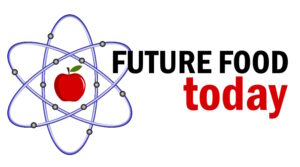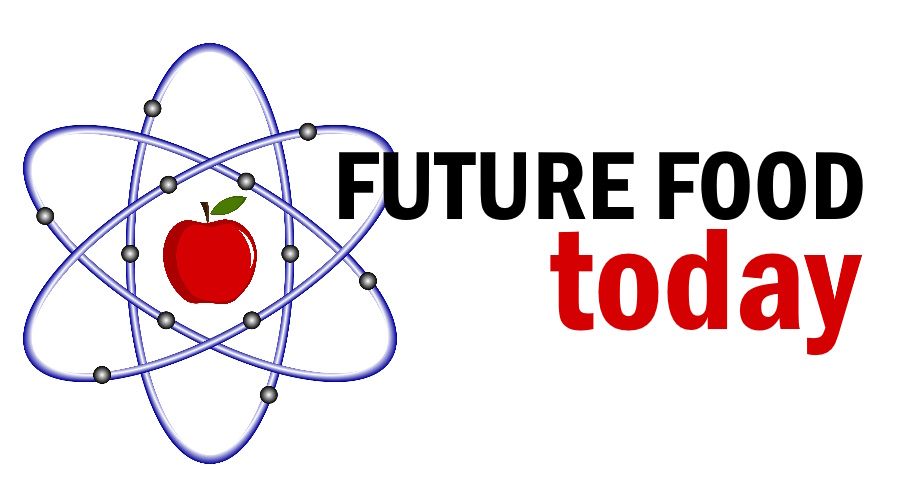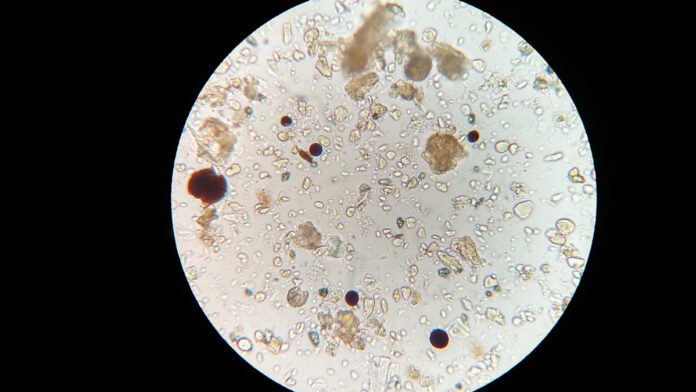Researchers and businesses are being drawn to alternative protein sources to meet the challenge of the growing global demand for protein. Among the unconventional sources, microorganisms stand out for their remarkable protein content.
Dry microorganism cells have been described as single cell protein (SCP) or microbial protein. SCP is primarily sourced from microorganisms such as yeasts, fungi, bacteria and algae. They can be an environmentally-friendly alternative to animal-derived proteins. Also, microorganisms can thrive on a diverse range of substrates for their growth, including waste materials. Leveraging renewable resources derived from different waste streams within the food and agricultural sector, such as dairy waste, crop residues, sugar industry byproducts, and fruit waste, has the potential to enhance SCP production from a standpoint of socio-economic and environmental sustainability.
“Particularly when SCP production is integrated into biorefinery frameworks, it can significantly advance circular bio-economy concepts, fostering the continued growth of the SCP market for applications in animal feed, innovative food formulations, and bioactive food packaging,” said Danai Ioanna Koukoumaki, a PhD student at the Department of Food Science and Nutrition at the University of the Aegean and the first author of a recent review on the topic published in Carbon Resources Conversion.
“It’s true that the use of microorganisms for protein production holds promise, but it is nonetheless crucial to study consumer perceptions of this alternative protein source.”
For instance, in a research study examining the attitudes of older adults towards alternative protein sources such as single-cell protein and plant-based protein, it was observed that gender and country of residence had a notable impact on acceptance levels.
Overall, the review provides a clear insight of the micro-organisms, agro-industrial wastes, functional properties, as well as current applications of single-cell protein.
“Utilizing renewable feedstock in SCP production has the potential to address both modern society’s challenges of food waste management and protein shortages. However, to effectively commercialize this alternative, efforts must be made to enhance consumer acceptance,” added corresponding author Dimitris Sarris.
Jim Cornall is editor of Future Food Today and publisher at Ayr Coastal Media. He is an award-winning writer, editor, photographer, broadcaster, designer and author. Contact Jim here.






